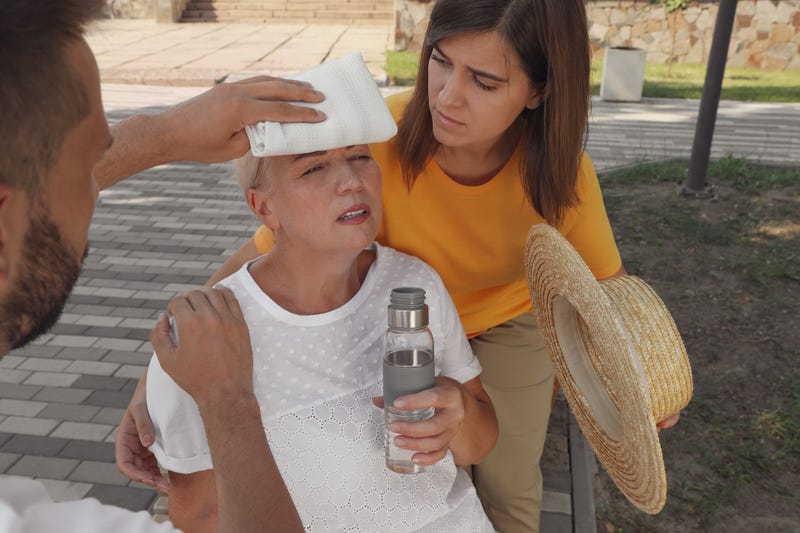
As the calendar flips to August, schools across the country are preparing to resume sessions, signaling the “end of summer” for kids nationwide. But in terms of temperature, the summer shows no signs of slowing down any time soon.
Many areas of the U.S. are experiencing record highs on their thermometers, and medical officials caution that people need to remain vigilant about how their bodies are handling the heat. In Oregon alone, 14 people died last week when they succumbed to the effects of extreme heat.
Actual heat stroke and heat exhaustion remain rare, according to medical experts, but those aren’t the only heat-related issues the human body is prone to suffering from.
Prolonged exposure to exceedingly-high temperatures can exasperate existing conditions and cause flare-ups because of the way heat can effect organ function.
For this reason, the elderly and infants are especially vulnerable, as are pregnant women whose bodies are already taxed. And of course, anyone who works outdoors needs to ensure they stay properly hydrated and take breaks if they feel particularly effected by the heat.
By remaining aware of your body’s limits, experts say you can mitigate the effects of the continuing scorching of summer.
The Red Cross recommends drinking plenty of fluids and taking care to replenish the salt and minerals your body is losing through sweat. If your water intake is limited due to a medical condition, ask your doctor about how much water you should ingest in hot weather.
They also recommend wearing lightweight, loose-fitting clothing and scheduling outdoor work around the home for early or later hours when the heat outside is lessened.
And when outside, wear sunscreen labeled either “broad spectrum” or “UVA/UVB protection” and wide-brimmed hats that can help shield your head and neck from direct sunlight.
Hang in there. Before you know it, it’ll be the cold weather we’re all complaining about.

